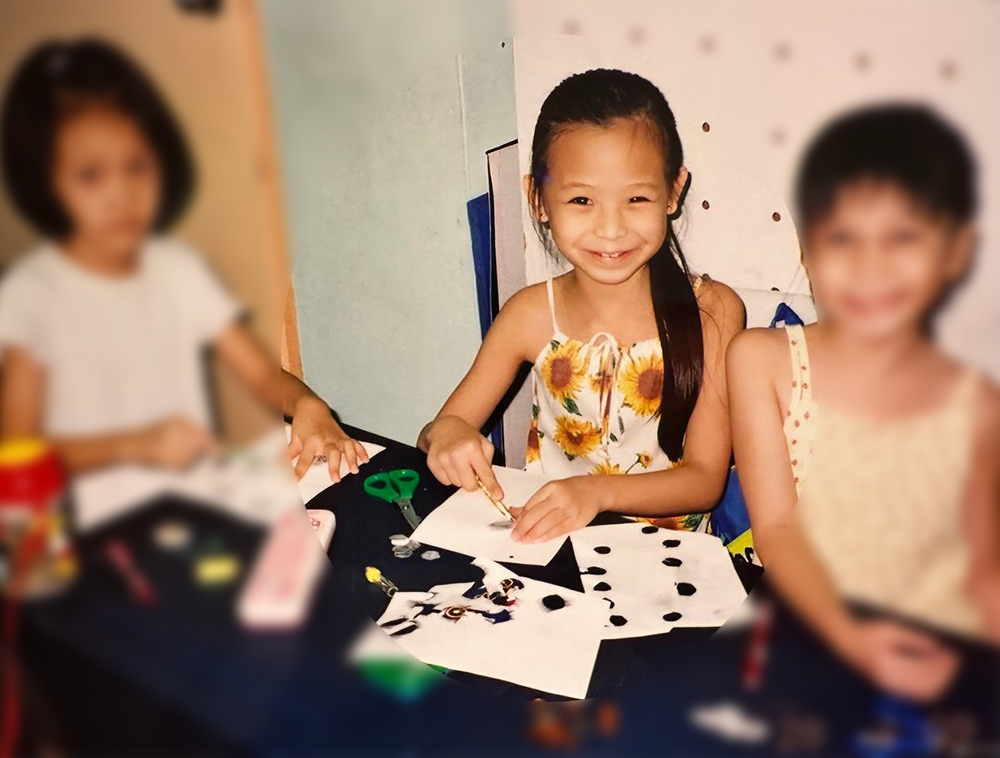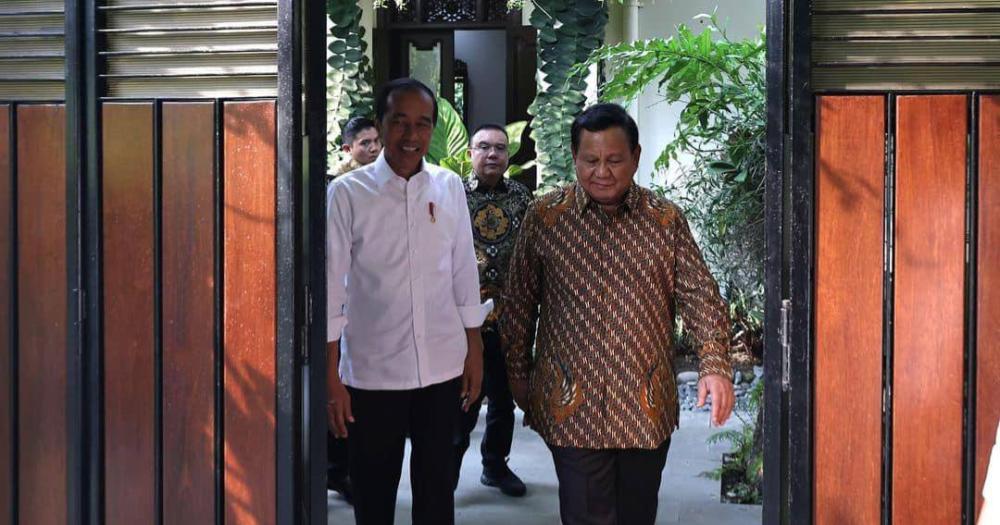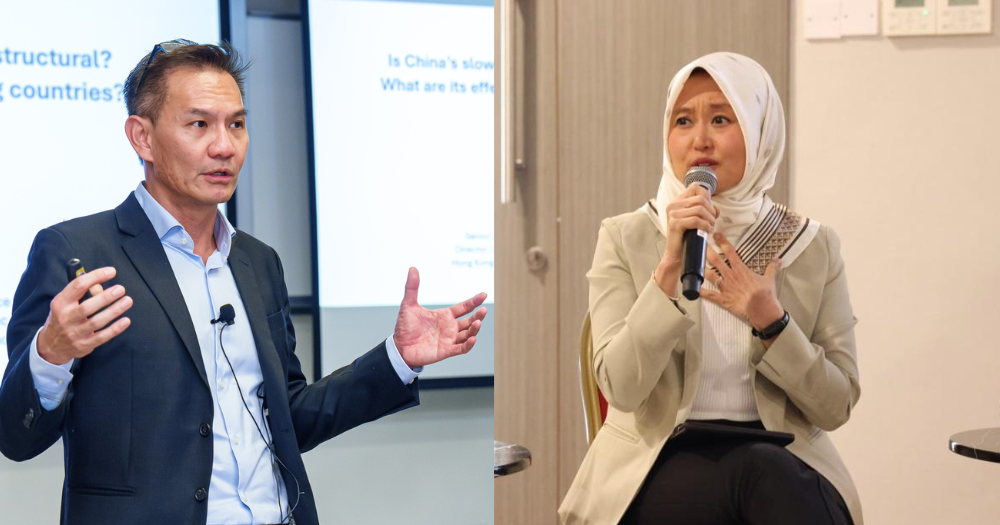S’porean parents share the financial lessons they learned ‘the hard way’ when they were kids
What are the lessons we’re hoping to pass on to our kids?

Whether it’s how to save it or how to spend it, for many of us, money plays a massive role in our lives.
Very often, our attitudes towards it are greatly shaped by the experiences of our youth, making the lessons taught when we are young vital to healthy financial habits later in life.
When I spoke to two of my colleagues — each a parent — it was clear that the importance of equipping their children with the right skills early weighed heavily on their minds.
After all, it can be argued that spending (or losing) money has never been easier than it is now — purchases can be made instantly online without any physical cash exchanging hands.
'Brute' saving
 Image courtesy of Shawn
Image courtesy of Shawn
For Shawn, 38, the father of three boys aged two to eight, learning to make wise financial decisions, came relatively late in life.
“The concept of saving was probably taught in primary school, but to be honest, I only experienced the real value of savings when I was faced with my life’s biggest moments,” he told me.
The first of which was his father’s sudden passing while Shawn was still completing his national service.
“Growing up my parents weren’t as savvy with financial matters, so I didn’t really practice the whole ‘saving pocket money’ thing,” he recalled.
With the loss of his family’s breadwinner, Shawn then applied what he called a “brute” approach to his personal finances to tide through the period.
“I call it ‘brute’ because it was quite extreme. I remember saving as much as 80 per cent of whatever income I was getting and living very frugally without any specific ‘financial goal’ in mind. It was almost hard-coded that I needed to save as much as possible because that was the only way to have more money.”
Looking back on those years, Shawn remembered that he spent close to nothing on retail comforts and dining out, having just enough money to pay off his bills and transportation after depositing the majority of his pay into a bank account to be left untouched.
“Fortunately or not, I don't have a big social circle so I didn’t have many social events to attend,” he added.
While it certainly worked as a means of increasing his savings, a “brute” approach to personal finances is not something Shawn wishes to impart on his kids; such asceticism can be a recipe for a dull and unenjoyable life.
Instead, he hopes to teach his children to take on a more balanced and sustainable approach to saving: first, finding the “sweet spot to live comfortably within your means” and then to set clear financial goals.
“Saving is important but just blindly saving won’t cut it in the long run,” he mused.
“It’s essential to have a financial goal — doesn’t matter if it's specific like ‘for a nice watch’ or generic like ‘for future home’ — so that you can work towards it.”
Impulsive spending
 Image courtesy of Chandel
Image courtesy of Chandel
Chandel, 31 — mother of a 1-year-old girl — shared with me the financial lesson she remembers as having learned “the hard way”.
“I used to have the tendency to spend first before thinking, especially when it comes to food,” she said.
“When I was 11, I went to Delifrance and started ordering my sandwich without actually making sure I had enough money. It was only when they had finished assembling the sandwich and it was time to pay that I realised I didn’t have enough in my wallet.”
The fear of a stern chiding from the Delifrance staff sent Chandel into a panicked search for whatever loose change she might have. After literally scraping the bottom of her backpack, she managed to cobble together enough coins to make up the shortfall.
“Just enough to pay for my meal,” she laughed.
The experience is one she hopes that her daughter can avoid; “it’s always best to plan first before committing and spending,” she added.
In time, one of the ways Chandel hopes to teach her daughter this is by modelling good financial decision-making.
“Verbalising my thought process and showing them how I make my purchase decisions,” she explained.
And of course, keeping her impulsive food spending in check.
 Image from Canva
Image from Canva
Learning to save from young
For Chandel, as with all of us, learning to make wiser choices with our finances is something of a life-long journey.
If starting earlier means that we can get to grips with healthier spending and saving habits faster, the OCBC’s MyOwn Account might be a tool for parents to consider.
Today, most children under the age of 16 cannot operate their own bank accounts as they are below the minimum age requirements. Instead, their bank accounts are mostly held jointly with their parents, with digital banking access given only to their parents.
OCBC’s MyOwn Account seeks to address this gap by allowing teenagers and older children aged between seven and 15 the ability to operate their own bank accounts digitally via the OCBC Digital app within boundaries and controls set by parents.
The account also gives the option of allowing the child to have their own debit card while parents will be able to use their own OCBC app to monitor their child’s account activities.
“I think it’s good to empower them to manage their money from a young age,” said Chandel when I asked her what she thought about OCBC’s new initiative.
“I would hope that my child would be able to learn how to make good financial decisions from young rather than make the same mistakes when they’re a lot older, and I’m not around to provide a safety net.”
For Shawn, the digital solution offers an easy way to teach his children about setting financial goals and saving.
“I can see myself introducing it to my kids when they start getting smartphones,” he said.
Being able to view bank statements also provides a way for parents to hold their children accountable to their saving and spending habits.
“The bank statements serve as something concrete for all of us to refer to and track their progress, rather than leave things ambiguous by waiting for the piggy bank to get heavy with coins,” added Chandel.
According to OCBC, the launch of MyOwn Account follows 18 months of extensive research into the behaviour, psychology and aspirations of parents and their children.
Feedback and insights from parents of teenagers and older children aged under 16 indicate they want to give their children an early start to learning digital banking basics and financial independence, yet still want to supervise their child’s financial behaviour.
“Gen Alpha has never known a world without digital technology, but digital banking may be the one area they are not familiar with yet,” said Sunny Quek, OCBC’s Head of Global Consumer Financial Services.
For instance, while it has always been easy for kids to spend, now that they can check their app and see how spending affects their account balance, potentially giving them a better understanding of the value of money — all under the supervisory oversight of their parents.
“It is about striking the right balance. It gives older children and teens ownership over their finances,” Quek added.
OCBC will be holding a MyOwn Account launch event on 20 October 2024, 11am to 6pm at OCBC Wisma Atria. Besides being able to find out more about the account, participants will also have the opportunity to say hi to Disney favourites such as Stitch.
You can now open an OCBC MyOwn Account for your child. More details here.
Writing this OCBC-sponsored article reminded the author of all the country erasers he used to save his pocket money for back in the day.
Top image courtesy of Chandel
MORE STORIES


















